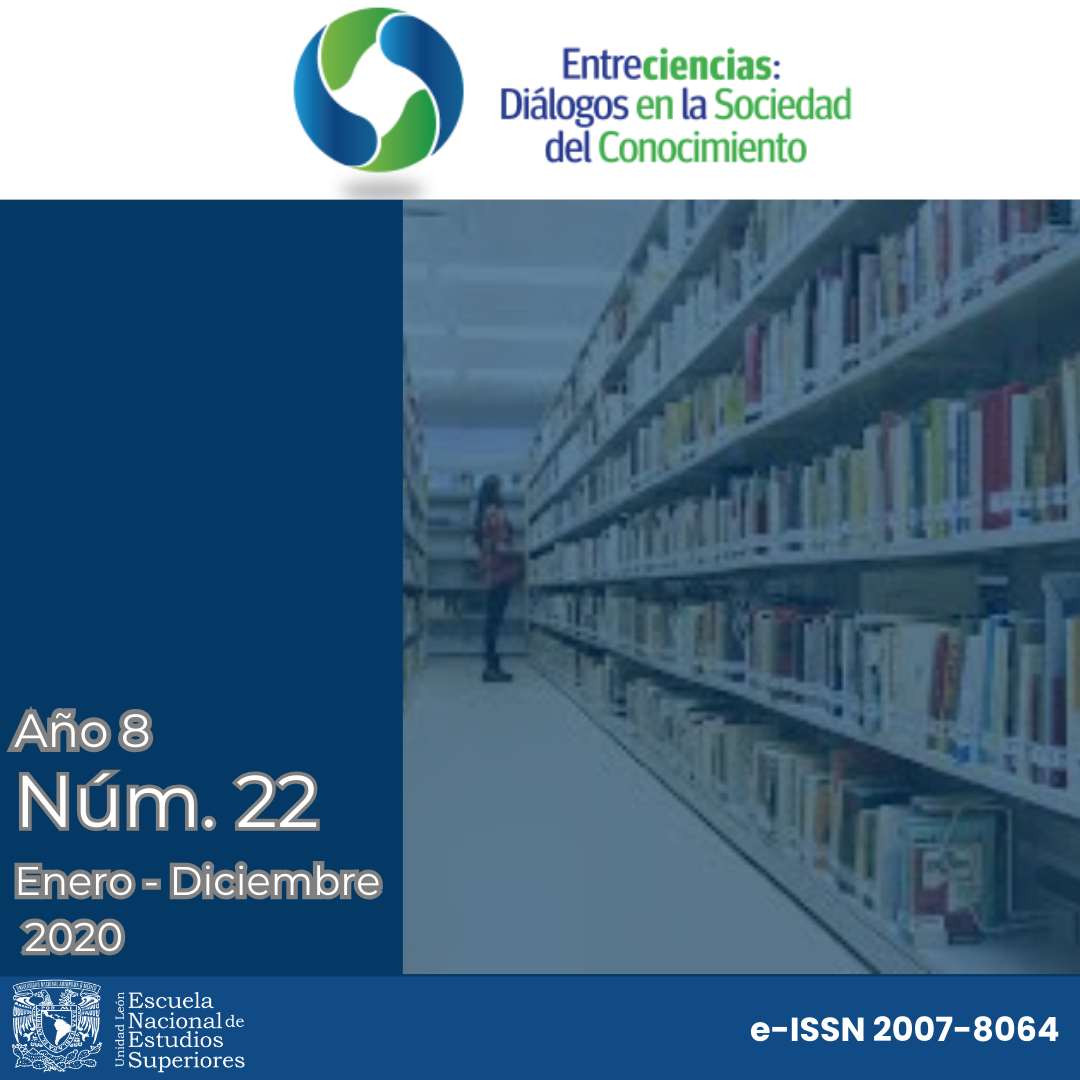Analysis of inequality via social stratification
Main Article Content
Abstract
Purpose: To analyze the contribution that social stratification provides to inequality using the Gini index as an input.
Methodology: The compatible differences tool was used to calculate the percentage of income provided by social strata using the Gini index; to verify the efficiency of the proposed methodology, real data from different countries were considered.
Results: Since compositional data were obtained as results, it was possible to estimate and predict the proportion of the contributions of the strata to inequality, evidencing the importance of social stratification in the classes.
Limitations: The measurement of inequality to construct the Gini index has different methodologies worldwide, which represented a difficulty in making comparisons.
Findings: The methodology that we developed in this article allowed us to know the weight that different social strata contributes to inequality; this is especially important since it can be a tool that helps decision-makers to take more effective measures to counteract inequality.
Downloads
Article Details
Citas en Dimensions Service

Entreciencias: Diálogos en la Sociedad del Conocimiento recognizes and respects the moral rights of authors as well as ownership rights transferred in non-exclusivity to the journal for its open access dissemination and its preservation. Hence, authors who publish in this journal accept the following conditions:
- Entreciencias: Diálogos en la Sociedad del Conocimiento from Universidad Nacional Autónoma de México is distributed under a Licencia Creative Commons Atribución-NoComercial-SinDerivar 4.0 Internacional, which allows the information and metadata to be used without commercial ends as long as proper citation is utilized.
Authors will have the right to non-exclusively distribute the contribution made to Entreciencias: Diálogos en la Sociedad del Conocimiento. That is, they will be able to include it in an institutional repository or disseminate it in other digital or printed media as long as it is explicitly stated that it was first published in Entreciencias: Diálogos en la Sociedad del Conocimiento. The following information must additionally be included: author, year, volume, page numbers, electronic paging, and DOI.
Authors, whose publications have been accepted, will have to send the Letter of Copyright Transfer in the corresponding format, filled out and signed by the author or authors.
